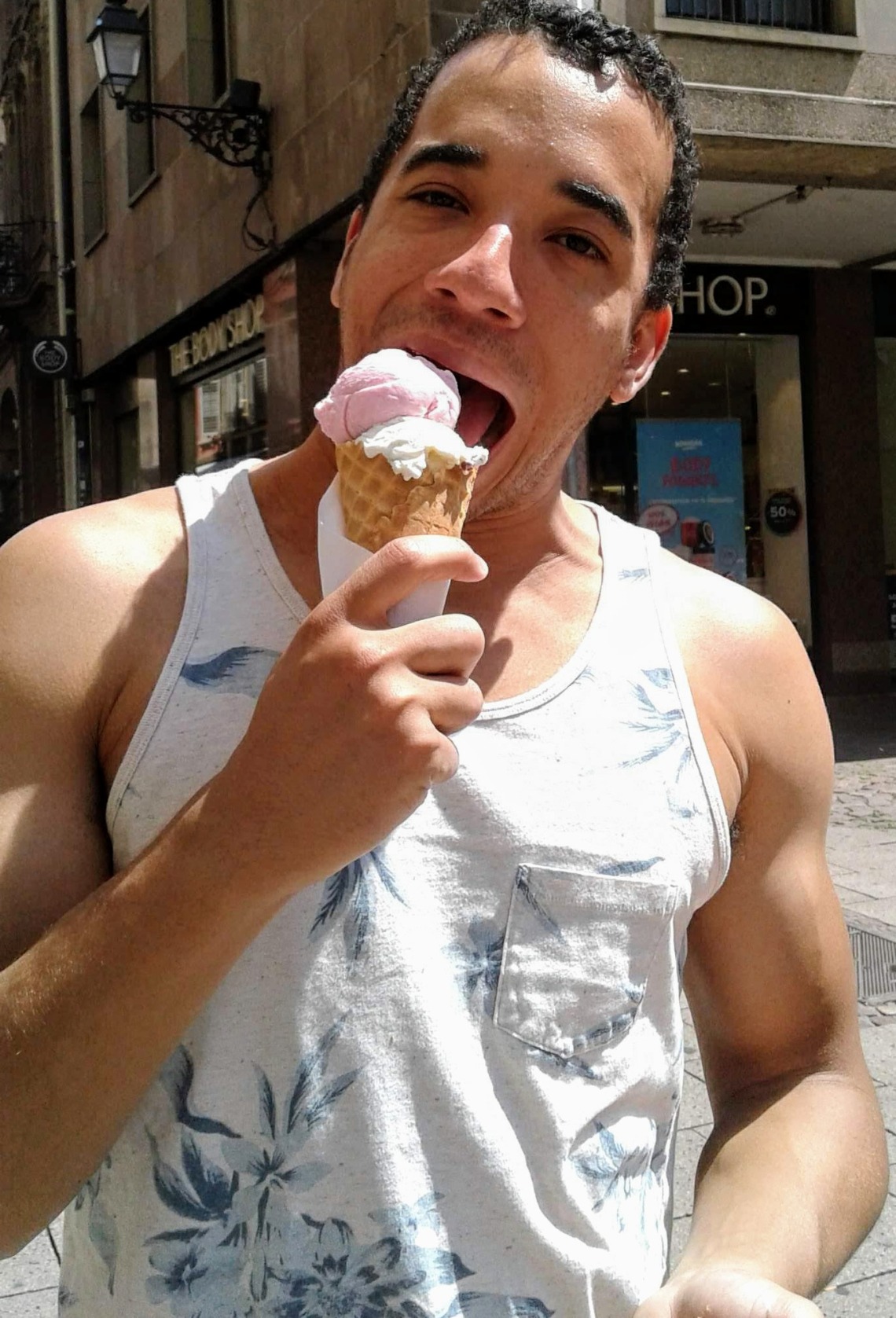A University Fellow’s Take on Pedagogy, Policy and Crisis Prevention

By Elizabeth Labiner
Dylan Barton knew early on that he wanted to help people. Well, first, he wanted to be an astronaut, but this particular goal didn’t have the staying power that his desire to help others does. A driving factor in Barton’s focus on lifting others is his own childhood experience, which wasn’t always happy:
Starting primarily in middle school, I felt really bad about myself. Over time, I realized that it had a lot to do with the relationships that I had with other people. I was one of ten brown students at my school, at a time when Utah was over 88% caucasian. Utah’s also a very religious state, and I came from a non-religious household. There is a lot of value placed on the nuclear family, while my household was just my mom and me. Plus, when I got older, I came out. There were a lot of factors pushing me to the side: major social forces that kept me and other people in the margins.
Those social forces made him feel like an outsider, but also led him to the Utah Pride Center. He began dropping by the center for social activities once a week, then twice a week, then nearly every day. Barton’s social enjoyment of the center led to volunteering for the center, which led in turn to an internship with them. In addition to his work at the Pride Center, Barton interned in the juvenile court system during his time as an undergraduate at the University of Utah. He remembers, “I was shocked at the difference between the narrative of what I was told to expect and the reality of working with these kids. Many of these so-called ‘delinquents’ had been through pretty horrific life circumstances, so their current behaviors and attitudes made sense.”
His work with youths, particularly in those in crisis, cemented Barton’s sense of his purpose and goals. “With time, I started to realize that I wanted to help kids. I wanted to do something to find kids that are the most vulnerable and marginalized, in part because I was in that position, but also because I look back and see that I was lucky,” he explains. “I actually ended up getting a lot of support along the way, but lots of people aren’t so lucky.”
He started thinking about graduate school early, but wasn’t really sure what to expect from graduate programs or what it actually meant to get a doctoral degree. Despite initially being unsure about Tucson and UA, the strength of the College of Education’s School Psychology program and the “respectful persistence” of program director Dr. Jina Yoon, as well as the University Fellows program, brought Barton to Arizona.
Here, he’s had the opportunity to explore his interest in the ways multiple factors impact how people are shaped: genetics, family life, the kind of neighborhood they grew up in, socio-economic factors, racism, marginalization, and oppression, to name a few. This has led to a more focused examination of the intersection of racism and the school system, specifically of the subtle ways in which racial prejudice can explain why we see an overrepresentation of African American students in special education. “There’s no reason to believe that black students have disabilities at a different ratio than white students, and so that leaves us with the hypothesis that it comes down to interpersonal dynamics,” he says.
Barton’s dissertation work, with his advisor Dr. Desiree Vega, seeks to answer the question of how to help those kids who need help the most. He will conduct research in schools to identify when and why students are assigned to special education, particularly in the early elementary years. His goal, always, is to help children early on, before their situations become more dire.
All of his experiences and work, he says, have given him a passion for policy: “One of the biggest ways that we can help kids on a grand scale is through improving educational policy. It’s a way to better our practices and hold people accountable.” Barton works in the College of Education’s Educational Policy Center and as the Policy Director for the Graduate and Professional Student Council. These positions, alongside his research, are just the beginning of what is sure to be an inspiring career. The dream of dreams? “Secretary of Education!” he exclaims, “That’s where to make the biggest difference. I mean, I could start smaller, on local or state education policy, but why not aim for the top?”

